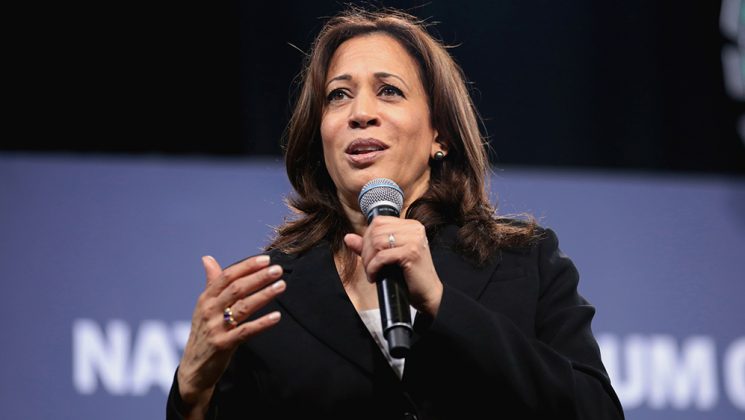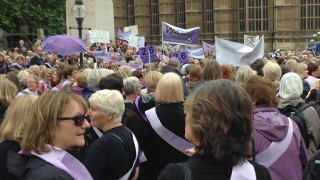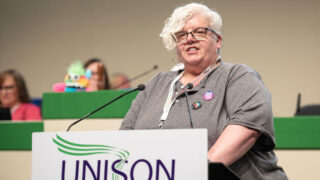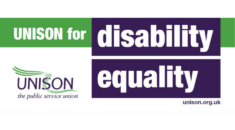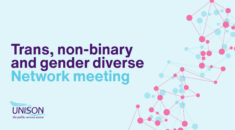Photo: Gage Skidmore
In late January, you might have heard the sound of women around the world applauding as attorney Kamala Harris became the 49th vice president of the United States – the country’s first female vice president, the highest-ranking female elected official in US history, and also the first African American and first Asian American in that role.
That’s a great achievement, but it needs to be put into perspective. Across the world, women still have too little political power.
According to the United Nations, as of 15 January this year just 21 countries in the world had female leaders, with 119 countries never having had a woman at the helm. Only 21% of government ministers worldwide were women.
The UN also says the five most common jobs by women ministers are the sadly predictable family/children/youth/elderly/disabled, followed by:
- social affairs; environment/natural resources/energy;
- employment/labour/vocational training; and
- women’s affairs/gender equality.
Highs and lows
In case anyone questions whether this makes much real difference, there is established and growing evidence that women’s leadership in political decision-making does actually improve those processes.
For example, research on panchayats – local councils in India – found that the number of drinking water projects in areas with women-led councils was 62% higher than in those with councils led by men. In Norway, there’s a direct relationship between the presence of women in municipal councils and childcare coverage.
And many of us will have been watching the success of New Zealand prime minister Jacinda Ardern, not least her effective response to the COVID-19 pandemic. After her landslide re-election last autumn, Ms Ardern appointed the most diverse cabinet in the nation’s history, including a first female Maori foreign affairs minister in Nanaia Mahuta and a gay deputy prime minister in Grant Robertson.
In 2019, Finland made headlines when 34-year-old Sanna Marin became the world’s youngest serving prime minister, heading up a coalition government of five parties, all of them led by women. In fact, four of the five Nordic countries are currently led by women. All five marked last year’s international women’s day with an article for CNN in which they stated that their countries’ collective promotion of gender equality “has resulted in stronger economies and happier and more prosperous societies.”
It should be acknowledged that, naturally, it doesn’t always go quite so well: Aung San Suu Kyi has been the state counsellor of Myanmar since 2016, but her reputation has suffered from inaction over the genocide of the Rohingya people and a refusal to accept that her country’s military committed massacres. On 1 February this year, she was detained in a military coup in the country.
Historically…
Sirimavo Bandaranaike, a Sri Lankan social worker, was the world’s first democratically elected female prime minister. She served in that office three times, between 1960-1965, 1970-77 and 1994-2000.
The UK’s Margaret Thatcher was the tenth woman to be elected as the leader of her country.
At the time of writing, the longest serving female leader is German chancellor Angela Merkel, at over 15 years, though she is due to step down soon. Moldovan president Maia Sandu is the newest name on the list, after election in December.
But leadership isn’t just about being a PM or president or head of state – and what better way to illustrate that than reminding ourselves that Christina McAnea is UNISON’s new general secretary.
Empowering women
Shortly after Kamala Harris took her oath of office, UNISON’s online event Empowering Women – Live! included a webinar to discuss getting women into politically influencing roles.
First up was Kim Johnson (below), who was elected as a Labour MP for Liverpool Riverside in 2019, becoming the city’s first Black representative at Westminster.
“I cut my teeth as a UNISON activist,” she explained. “Without UNISON, I wouldn’t be here now.”
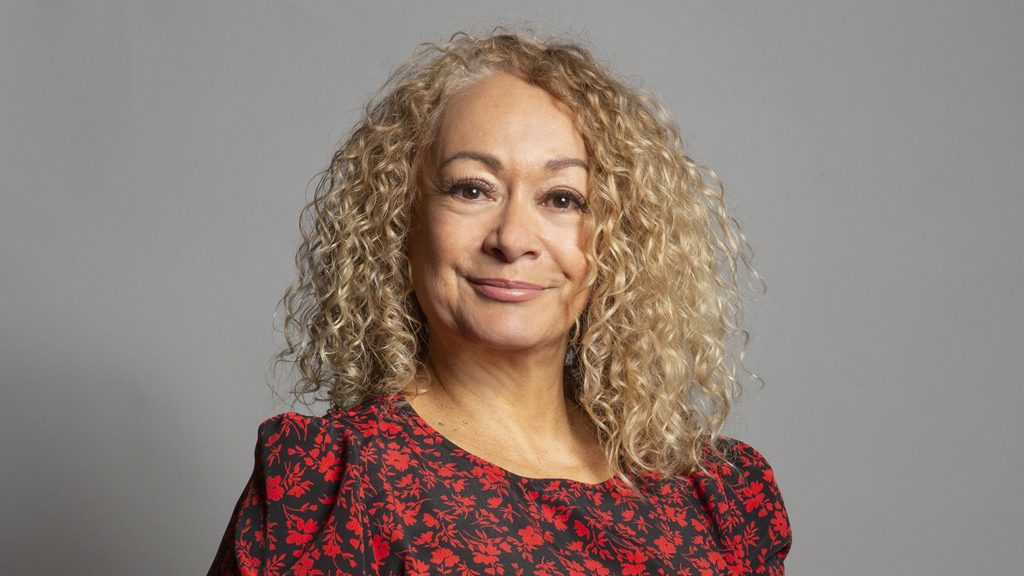
Commenting that women “earn less, save less and are more likely to be employed in the ‘informal’ sector [and be] more vulnerable to economic shocks,” she asserted: “These inequalities will only be recognised, called out… when women and other marginalised groups get a seat at the table.”
Ms Johnson stressed that “trade unions are the frontline defence for women workers around the world,” so it is vital to get women into key positions within those unions.
But personal confidence matters too, she added: “Say ‘no’ to the voice in your head that says you can’t do it.”
Sem Moema is a councillor in Hackney, east London, who holds the portfolio on the private rented sector and housing affordability, and is standing for the London Assembly in elections later this year.
In her day job, she works for Connect, a political communications agency that carries out work for UNISON, supporting the equalities unit. She is also a member of the union.
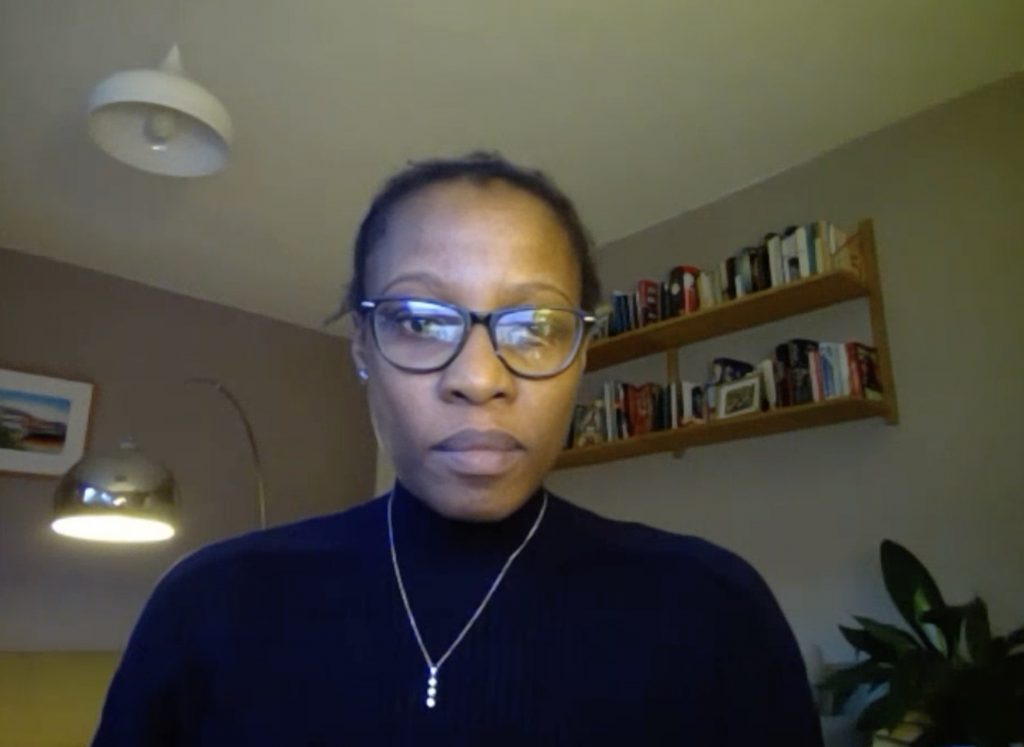
Ms Moema (above) says that she was lucky, in her local Labour Party, to have met “amazing women and men members” who supported her, along with Meg Hillier, MP for Hackney South and chair of the public accounts committee, and Stella Creasy, the Labour member for Walthamstow.
Their support helped her ensure that she could be “her own authentic voice” in political life.
But there are serious difficulties for women. She reflected on the shortage of women aged between 30 and 50 in active politics, because taking time out of the workplace – “and out of the political sphere” – for family caring responsibilities has a major impact on women’s political careers.
In her case, her mother – a UNISON member – was among those who “helped me get back in the saddle”.
Ms Moema was also keen to stress the importance of women becoming active in their trade unions. She cited the impact of UNISON in bringing about the legal change that will help to protect those who have suffered domestic abuse when they are in the workplace.
“Women need to stand – and that includes in UNISON,” she said: “They need to be sat at the table.”
Different ways to lead
Anne McVicker is director of the Women’s Resource and Development Agency in Northern Ireland and a member of UNISON’s Northern Ireland and UK women’s committees.
“I am not a politician, nor am I standing for office,” she told the webinar. “However, I am a leader within the women’s movement in Northern Ireland… enabling women to effect change.”
Her organisation lobbies and campaigns on issues that matter to woman, including welfare reform and the harm that it does, specifically, to women. A “vision of a fair and equal society” is at the heart of the agency.
Citing some of the programmes that the organisation runs – from health awareness to calling out sexual harassment – Ms McVicker stressed that partnerships and collaboration are vital: “Ourselves alone is no longer enough”.
She also pointed to the excellent range of courses that UNISON has for members, including those to help raise confidence.
The key takeaways from the webinar were:
- the need for groups to be sensitive to women’s needs in terms of organising meetings etc around caring responsibilities;
- the need for support and mentoring for women starting on the political ladder;
- the need for training and education.
There are impressive women achieving admirable things – around the world and, of course, in UNISON. Are you feeling inspired? Then why not put yourself forward – for your union, your council, at work, in government – to help make a difference.

